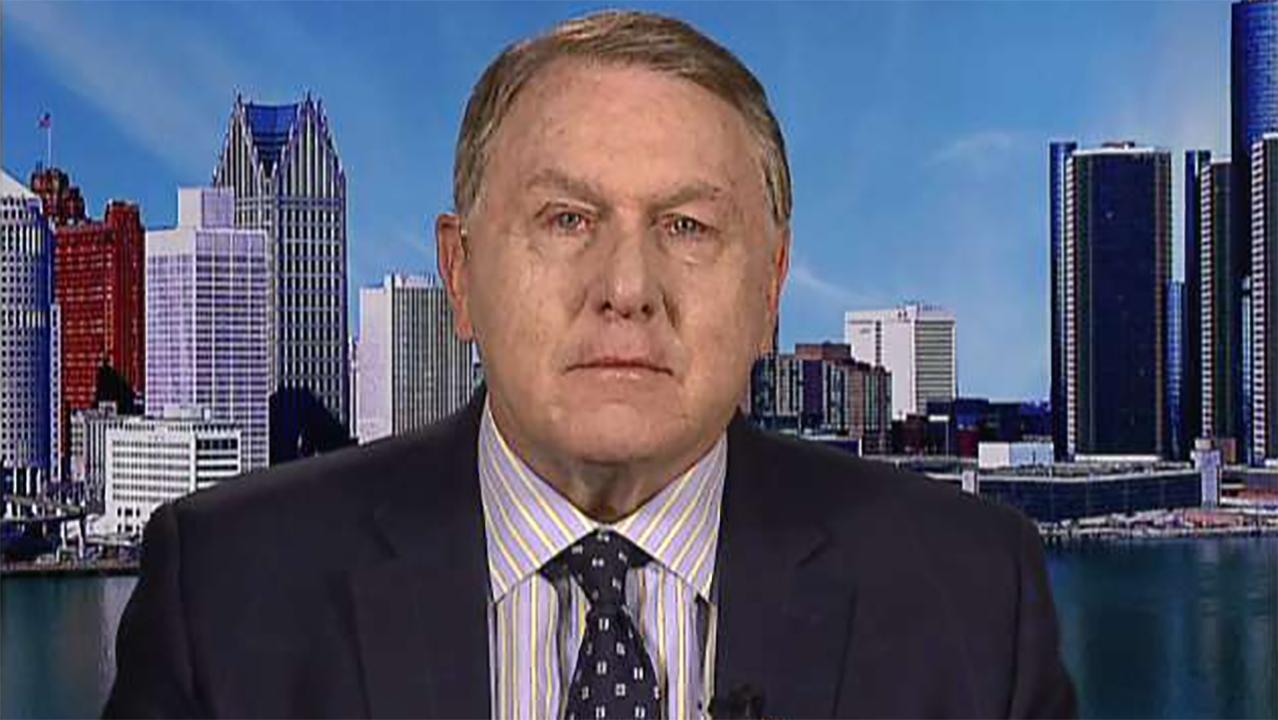Rich people live almost a decade longer than the poor, study finds
Being wealthy adds up to nine years to your life expectancy in the US, the study found
It pays to be rich in your old age: According to a new study, wealthy individuals live healthy, disability-free lives that are, on average, nine years longer than the poorest people in the U.S. and England.
The 10-year study, published on Wednesday in The Journals of Gerontology: Series A, examined data from more than 25,000 adults over the age of 50, looking for factors that could indicate how long they lived before they began suffering from age-related disabilities, such as whether they were able to get out of bed or shop for groceries, and to what extent socio-economic factors played.
The researchers concluded that from the age of 50, the wealthiest men analyzed could live an additional 31.5 healthy years of life, compared to the least well-off, who could only expect to live another 22 to 23 healthy years. For women, the wealthiest were projected to enjoy about 33 more years of good health, versus 24 disability-free years for the poorest.
RAISING THE MINIMUM WAGE BY $1 IS LINKED TO LOWER SUICIDE RATES, STUDY SAYS
“While life expectancy is a useful indicator of health, it is becoming increasingly recognized that quantification of the quality of remaining years of life is also crucial,” the study found. “It is now well established that in the United States and England, there are striking socioeconomic inequalities, in both general health and life expectancy.”
To evaluate wealth, the researchers — from the University College London, Harvard University and several other universities — took into account home, jewels and artwork, as well as savings and investment accumulated over a person’s life.
GET FOX BUSINESS ON THE GO BY CLICKING HERE
According to The New York Times, the average wealth — separate from income — was $29,000 for the poorest group, $180,000 for the middle group and $980,000 for the richest group.
Data for the research was pulled from two groups: One from the U.K., which had 10,754 respondents, and another from the U.S., with 14,803 respondents. There was no significant difference between the two countries in terms of how wealth affects quality of life.
Across the world, the average life expectancy was 72 years in 2016, the most recent year the data was published, according to the World Health Organization. Between 2000 and 2016, life expectancy jumped by 5.5 years, the fastest increase since the 1960s.




















